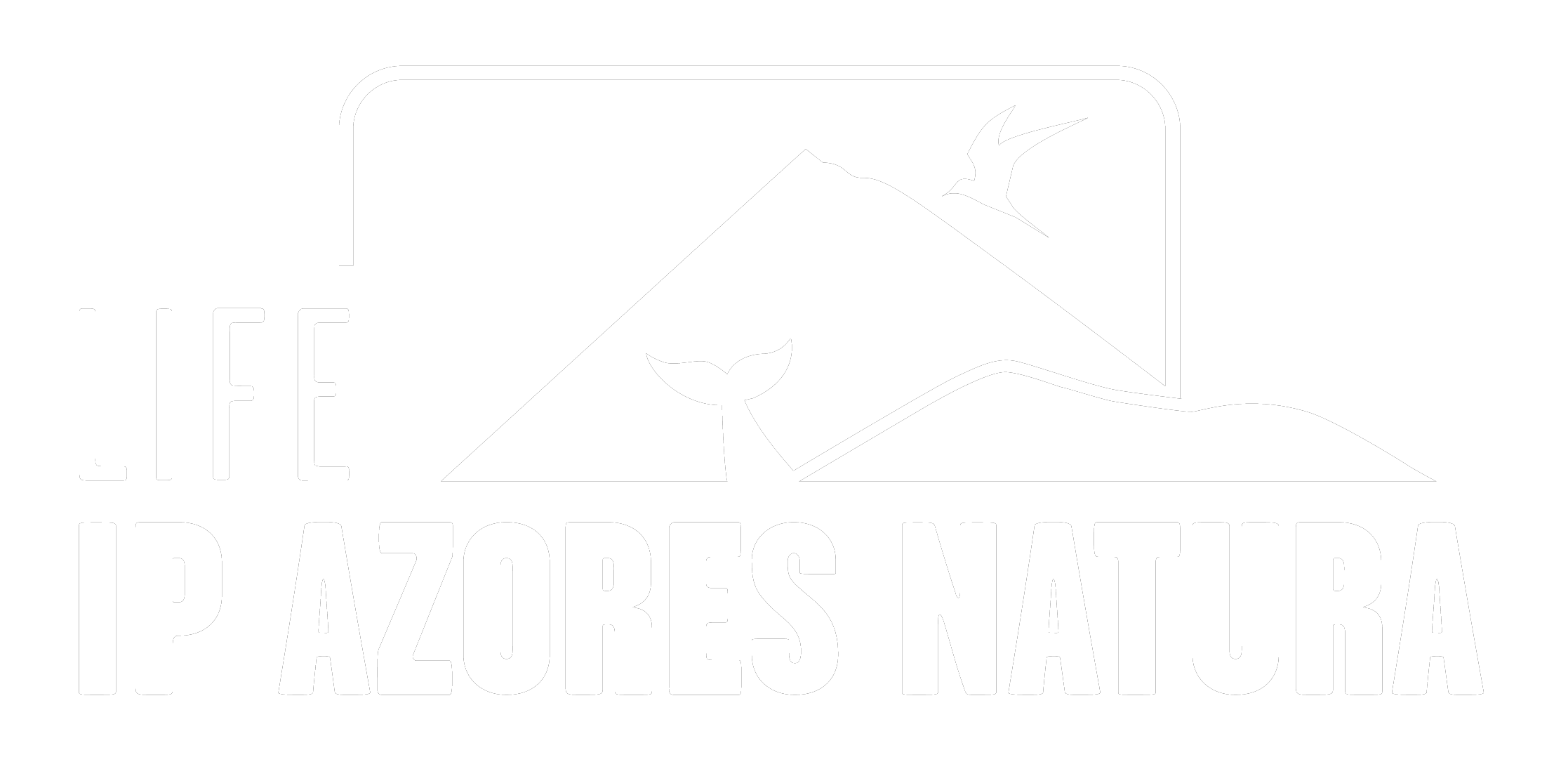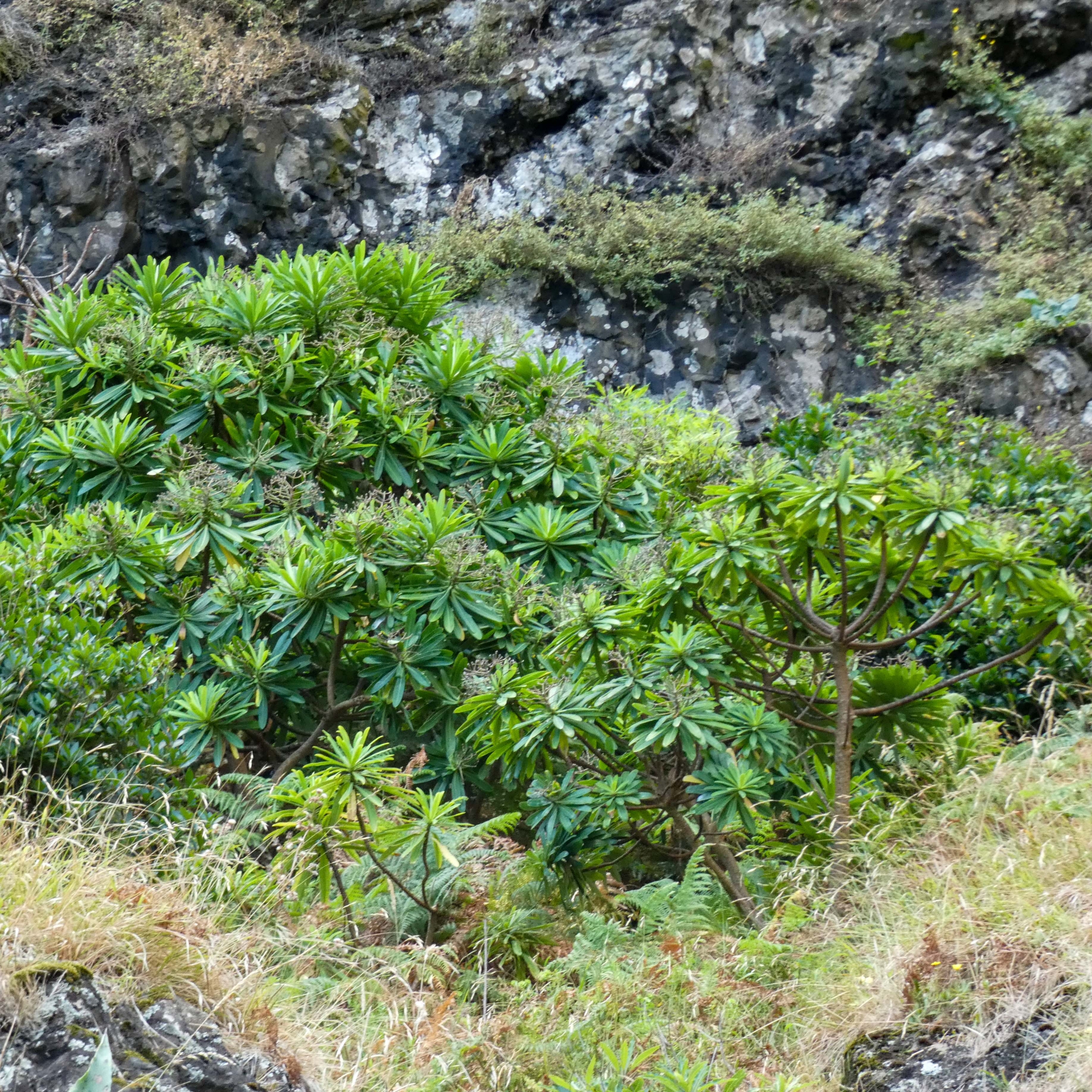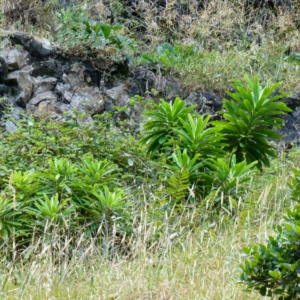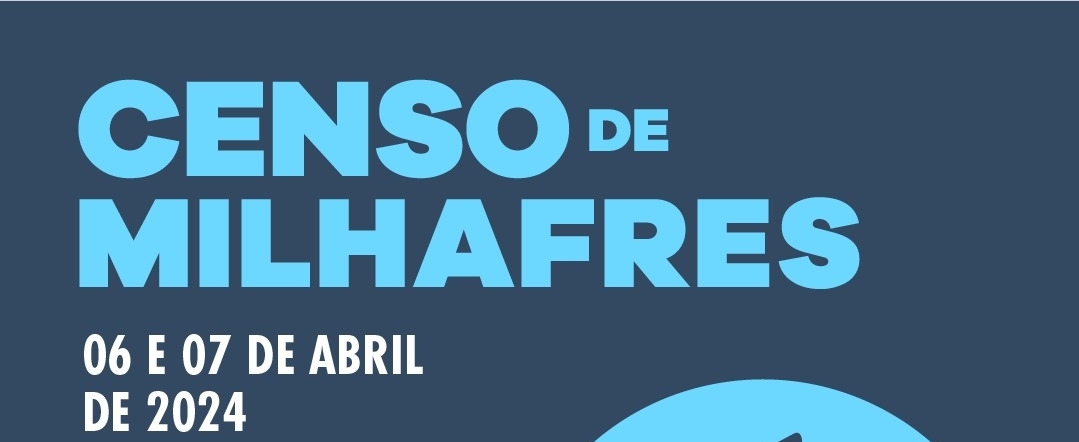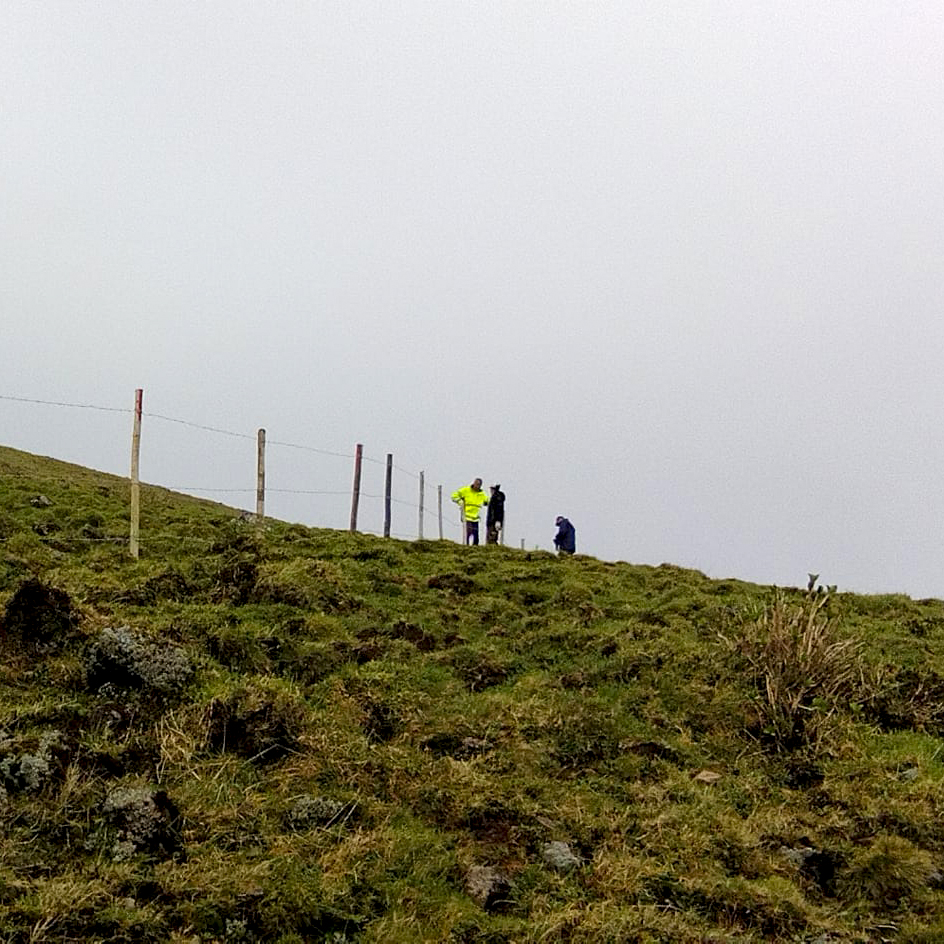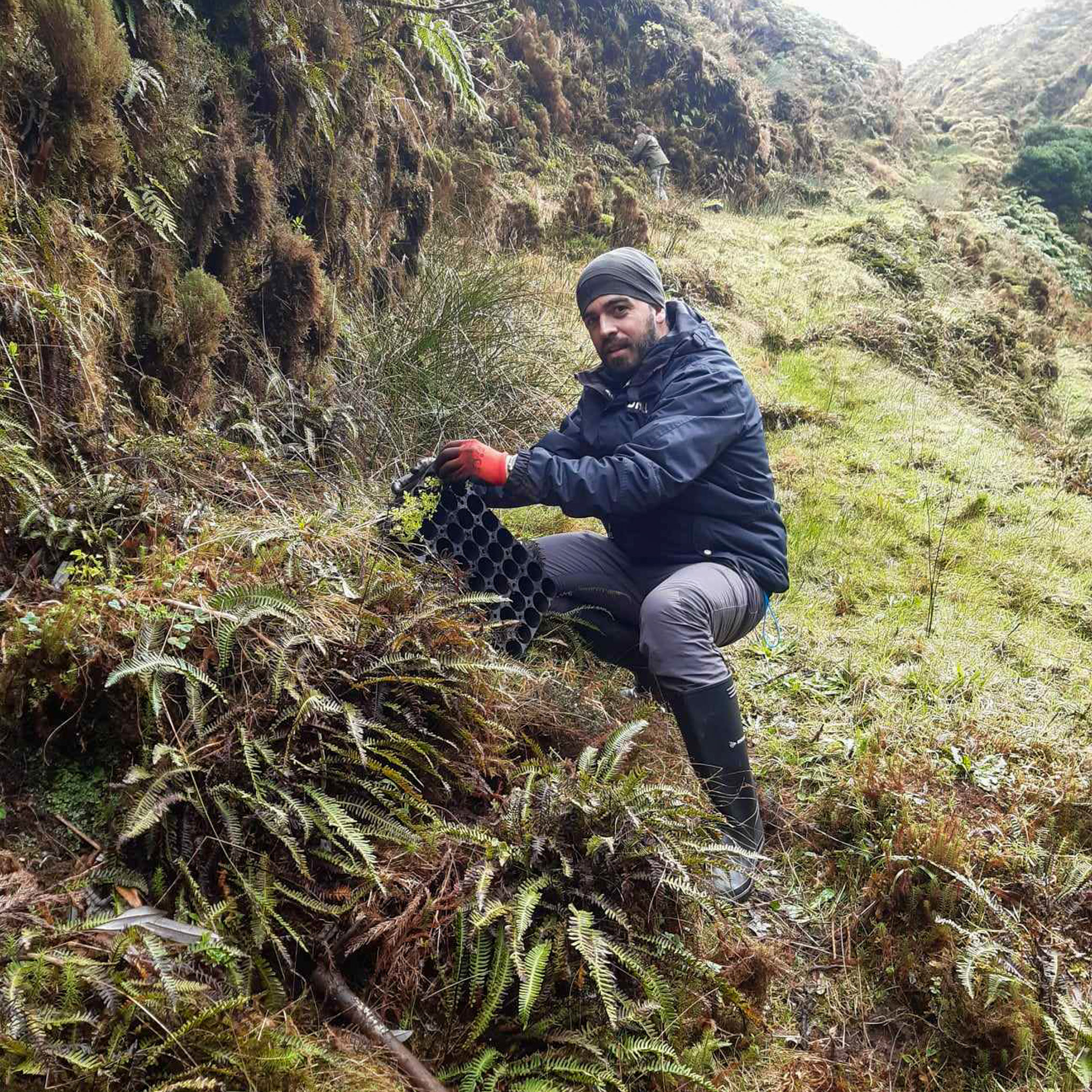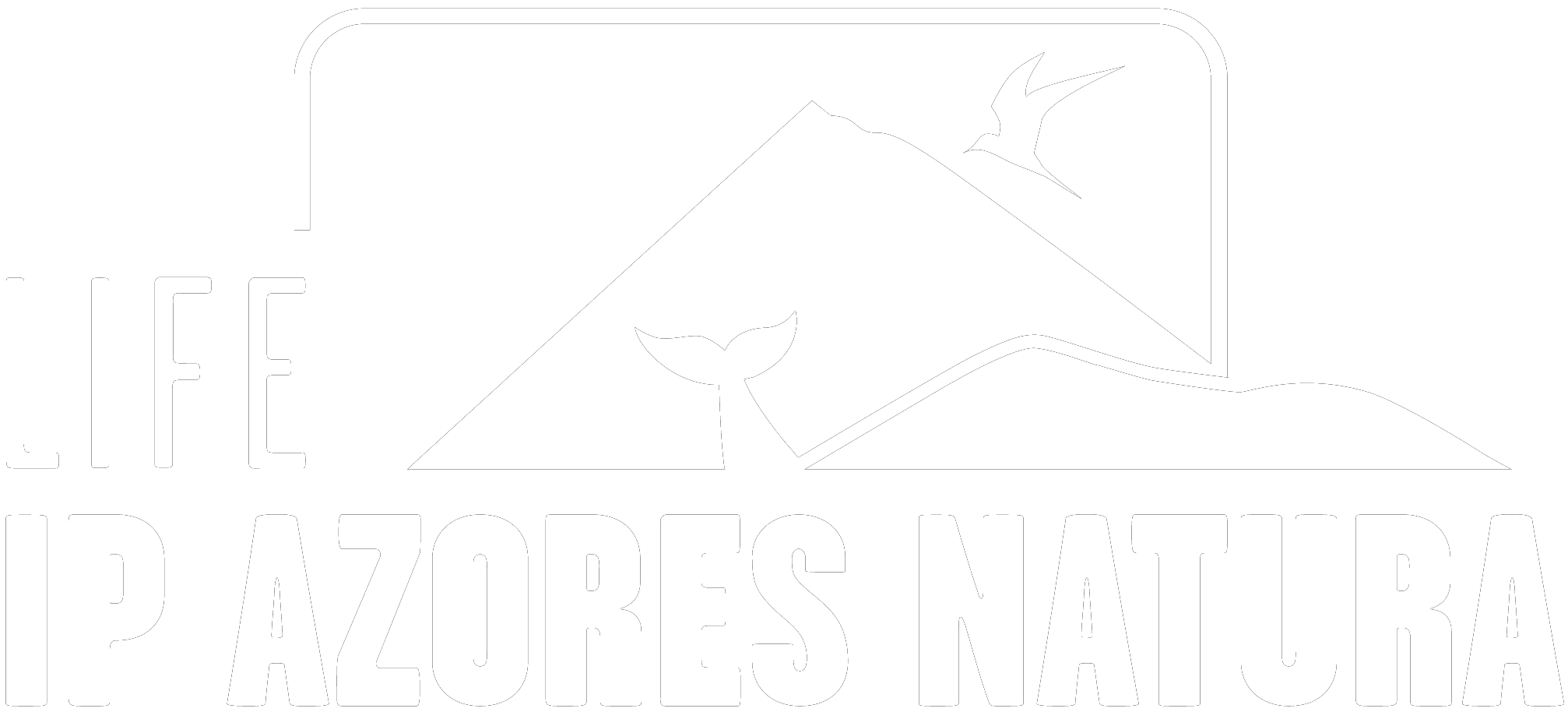Whilst travelling around the island by boat to carry out a census of terns in June of this year, a Park Ranger from the Santa Maria Environment and Climate Change Service (Santa Maria ECCS) spotted some plants that appeared to be Euphorbia stygiana ssp. santamariae in Cura Bay.
As the area is only accessible by sea, a team from ECCS Santa Maria disembarked there in the last week of July to confirm the species. It has been estimated that the population consists of around 20 individuals of the Euphorbia stygiana ssp. santamariae, one of the rarest species of Azorean flora, and that this population is located within the Baía do Cura Protected Area for the Management of Habitats and Species.
Given the orography of the site and the difficulty of access, it will be hard to carry out characterisation and conservation work on the species. Nevertheless, there will be potential to collect seeds from some individuals for propagation in nurseries and subsequent reinforcement planting under action C3.2 “In-situ conservation” of the LIFE IP AZORES NATURA project.
As well as the Euphorbia stygiana ssp. santamariae, several other endemic and native species were also observed, such as: Azorean Fleshy Bishopsweed (Ammi seubertianum), Azorean Bellflower (Azorina vidalii), Azorean Sandspurry (Spergularia azorica), Azorean Coastal Fescue (Festuca petraea), Azorean St. John’s Wort (Hypericum foliosum), Azorean Coastal Spurge (Euphorbia azorica), Macaronesian Umbrella Milkwort (Tolpis succulenta), Buck’s-horn Plantain (Plantago coronopus) e Mediterranean Sea Lavender (Limonium vulgare). We also suspect the presence of the Azorean Stonecrop (Aichryson santamariensis) (information that will be verified on a future visit to the site), proving to be an important stronghold of habitat 1250 – vegetated seacliffs with endemic flora of the Macaronesian coasts, in accordance with the Habitats Directive.
